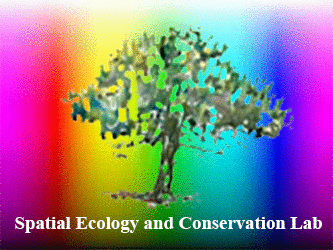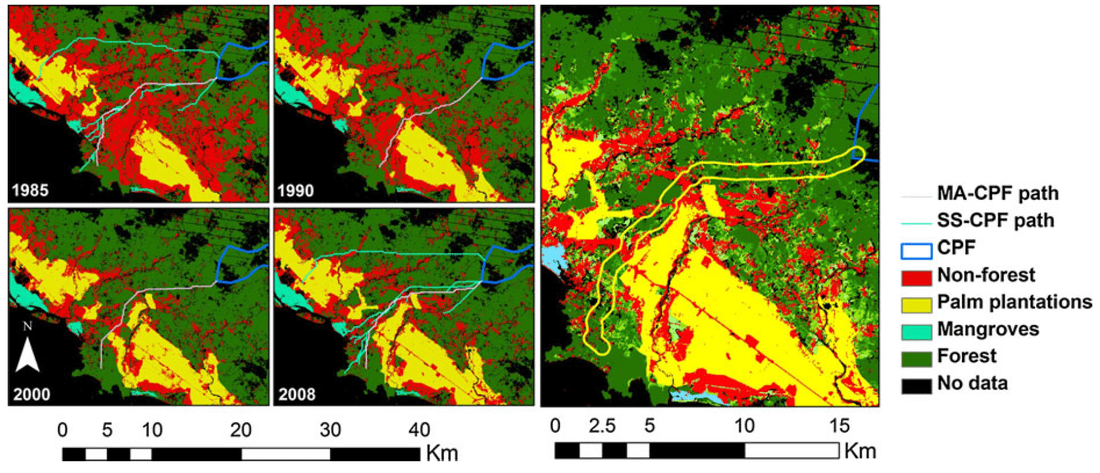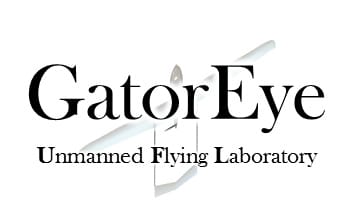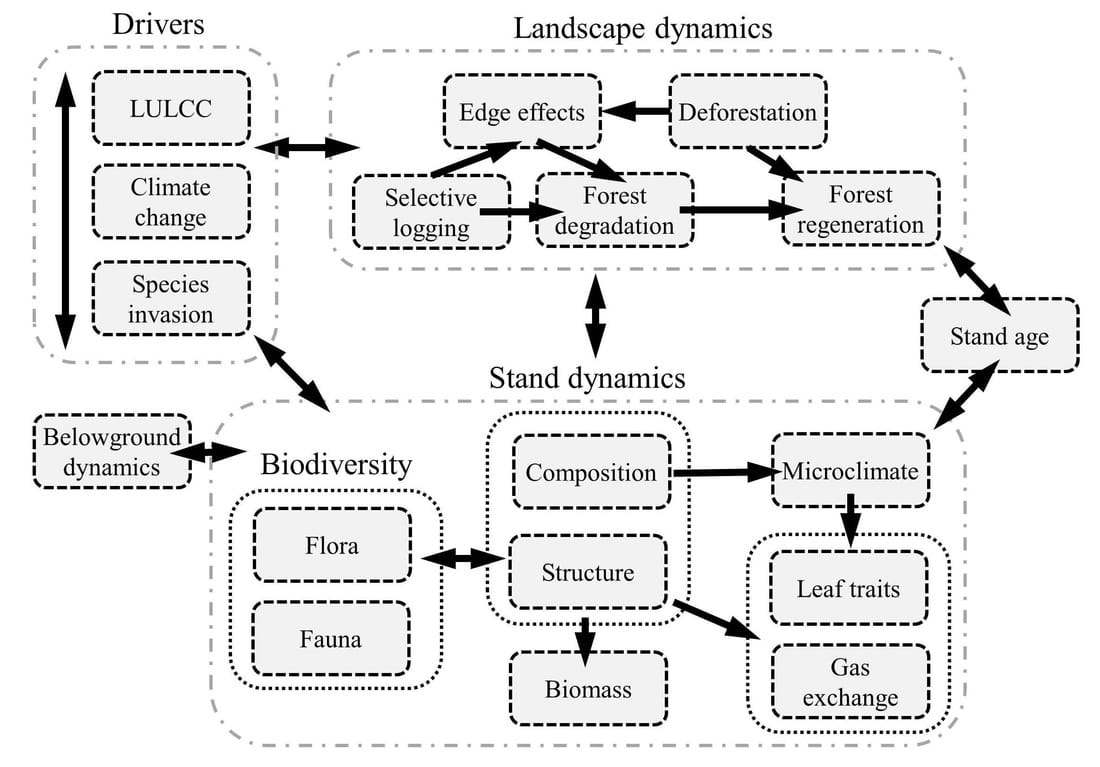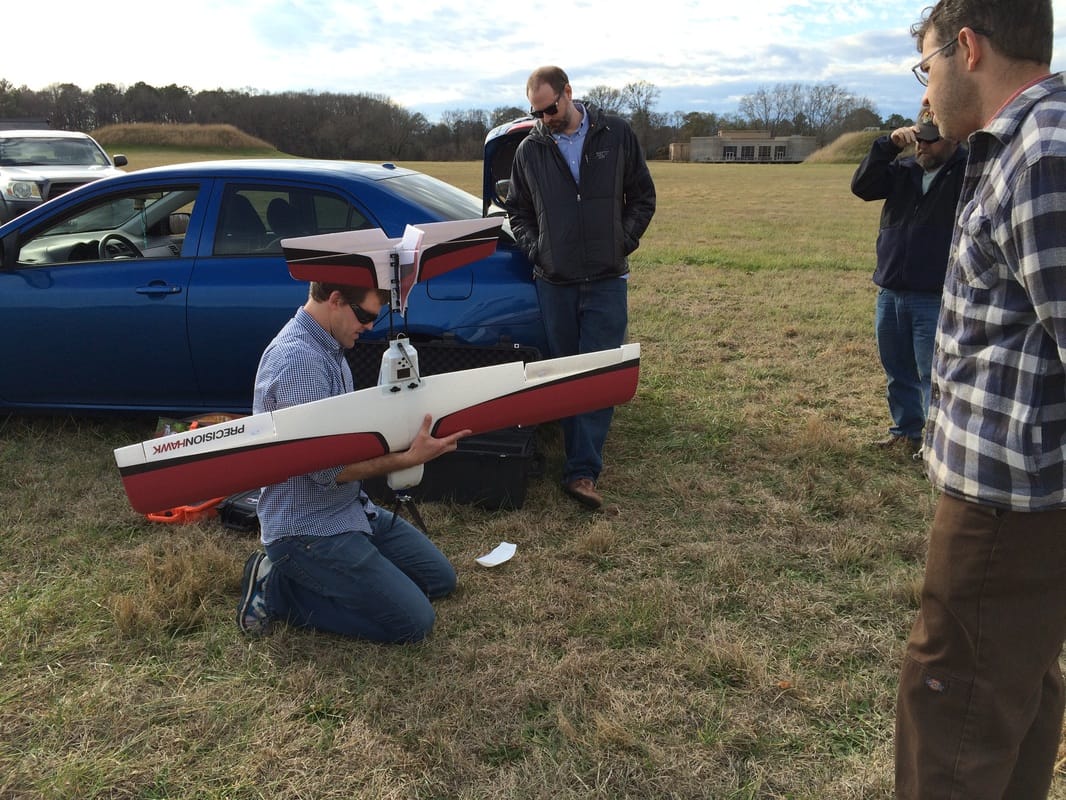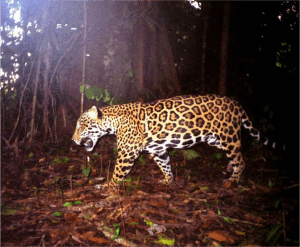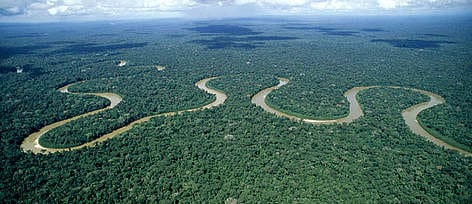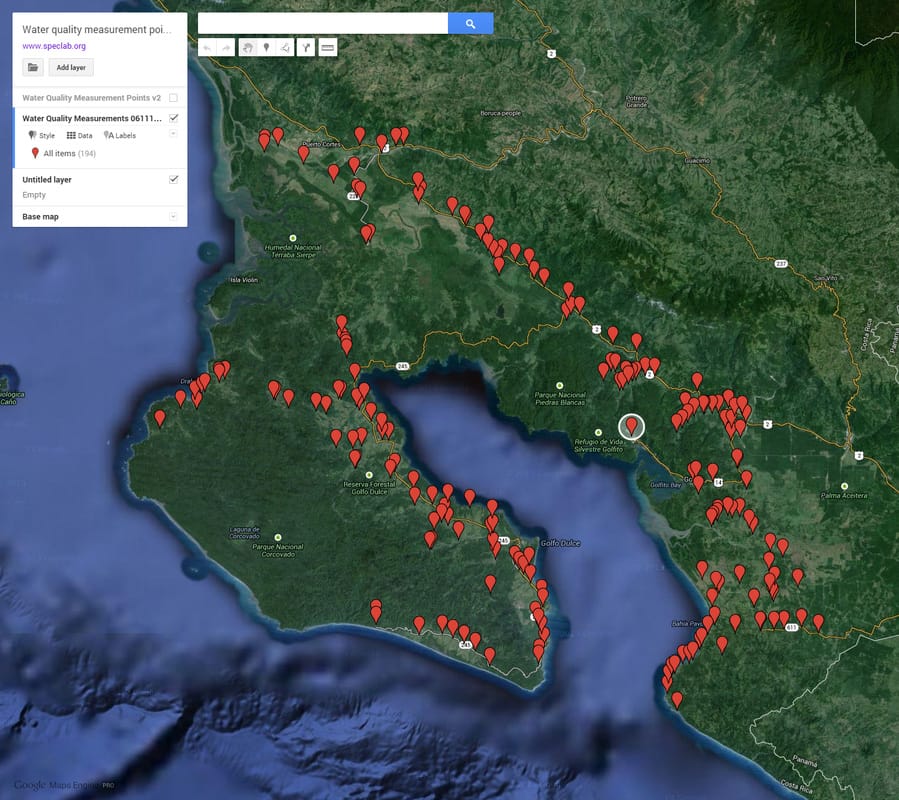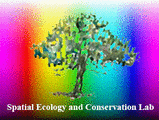WelcomeThe Spatial Ecology & Conservation (SPEC) Lab at the University of Florida was founded in 2014 by the faculty members Eben Broadbent and Angelica Almeyda Zambrano.
Sample thematic research interests:
|
Prospective StudentsWhile we are always open to new research and collaboration ideas, we also have a wide variety of ongoing projects in which you could potentially be included. Please see the Prospective Students page for detailed information.
Spatial EcologyFor an overview of Spatial Ecology and Conservation see Collinge, S. (2010) Spatial Ecology and Conservation. Nature Education Knowledge 3(10):69 and Clark, W. (2010) Principles of Landscape Ecology. Nature Education Knowledge 3(10):34.
Nature TourismNature Tourism potentially provides an opportunity to create 'win-win' situations promoting both socio-economic and ecological well-being. Our research has focused on tropical regions, in particular Costa Rica and the Amazon.
|
Research Interests |
CONTACTCenter for Latin American Studies
School of Forest, Fisheries and Geomatics Sciences University of Florida [email protected] / [email protected] |

